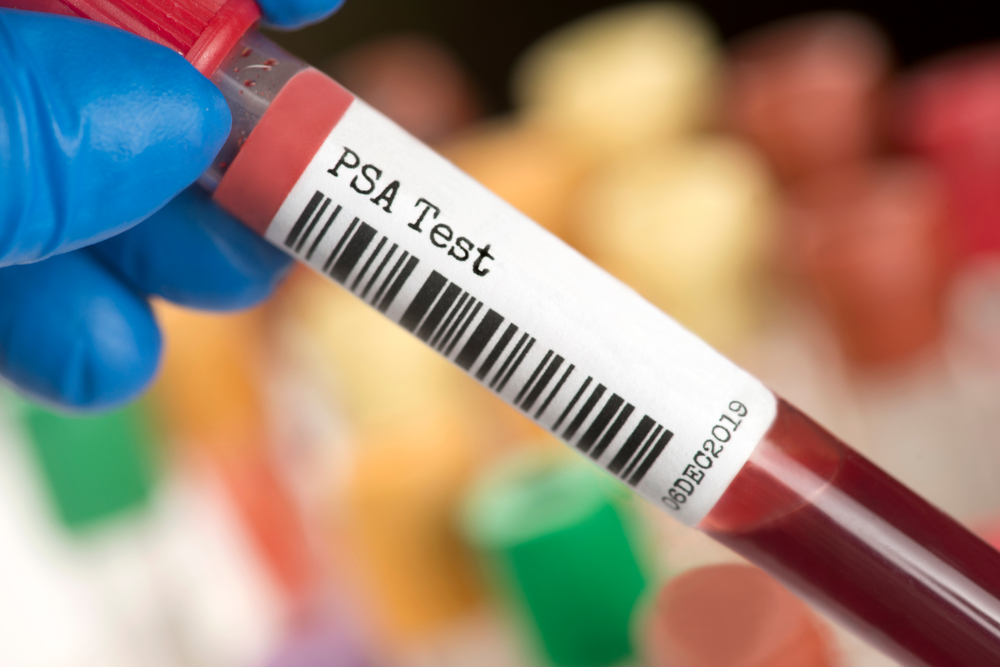

Metabolic Variation | Clinical Samples | NMR
“Our results show that day-to-day reliability is highly variable between metabolites in both serum and urine, while lipoprotein subfractions possess high reliability.” published by "Giskeødegård GF, et al. Analytica Chimica Acta 2019;1081:93e102"
Metabolomics is the study of active cellular processes through the analysis of small molecular intermediates and end-products present within a tissue or cell.
A metabolomic analysis is typically conducted using nuclear magnetic resonance spectroscopy (NMR) and can be performed on a range of biofluids, including blood and urine. Since such samples can be obtained using minimally invasive interventions, metabolomic analysis is being explored as a potential tool for the diagnosis and monitoring of a variety of disease processes.
It could be especially useful in the characterization and monitoring of tumors, which are needed to ensure that cancer patients receive the optimal treatment. The prostate has long been known to exhibit unique metabolite profiles, but until recently, it was not practicable to use this for diagnostic purposes.
Morbidity and mortality from prostate cancer have been markedly reduced over the past couple of decades due to the development of predictive algorithms and nomograms based on tumor pathology and serum prostate-specific antigen (PSA) levels. These prediction tools for men diagnosed with prostate cancer, however, are associated with significant variability. There is consequently still an unmet need for biomarkers to accurately diagnose prostate cancer and reliably distinguish aggressive tumors and indolent cancers.
Targeted metabolomic analyses are a promising alternative strategy for assessing the risk of progression of prostate cancer and the associated mortality risk. The urine metabolome is of particular interest for the identification of prostate cancer biomarkers due to its close proximity to the prostate.
Prostatic fluid produced by the prostate gland is released into the urethra, and this can be stimulated by massage of the gland through the rectum. The first urine passed after prostate massage will, therefore, be mixed with prostatic fluid. However, the differences in metabolic profile between urine with and without prostate massage have not been described.
This was one of the issues addressed in a recent study that examined the effects of sample collection and sample processing procedures on serum lipoproteins and small-molecule metabolites in serum and urine collected from men diagnosed with either prostate cancer or benign prostatic hyperplasia. The samples were analyzed by NMR using a Bruker Avance III 600 MHz spectrometer equipped with a 5mm QCI cryoprobe.
Urine samples, both first-void (FVU), and mid-stream, were collected with and without prior prostate massage and fasting and non-fasting blood samples were collected on two different days and the effect of centrifuging urine samples before storage was also assessed.
The metabolites present in both serum and urine samples showed a high degree of variability from day to day. The lipoprotein subfractions, in contrast, showed a high level of day-to-day reliability. Although there were significant differences in the concentrations of metabolites present, fasting and non-fasting samples had comparable day-to-day reliabilities.
Analyzing urine samples obtained first-void or mid-stream or pre- or post-prostate massage did not have a significant effect on the overall metabolic profile. Similarly, the centrifugation of urine samples before storage was not shown to affect the results of the analysis.
These latest findings indicate that the protocols for the collection and handling of urine samples are unlikely to confound NMR metabolomic analysis. However, sampling should be consistently conducted in a fasting state to avoid unwanted variation.
Bruker NMR Instruments are not intended for Use in Clinical Diagnostic Procedures.